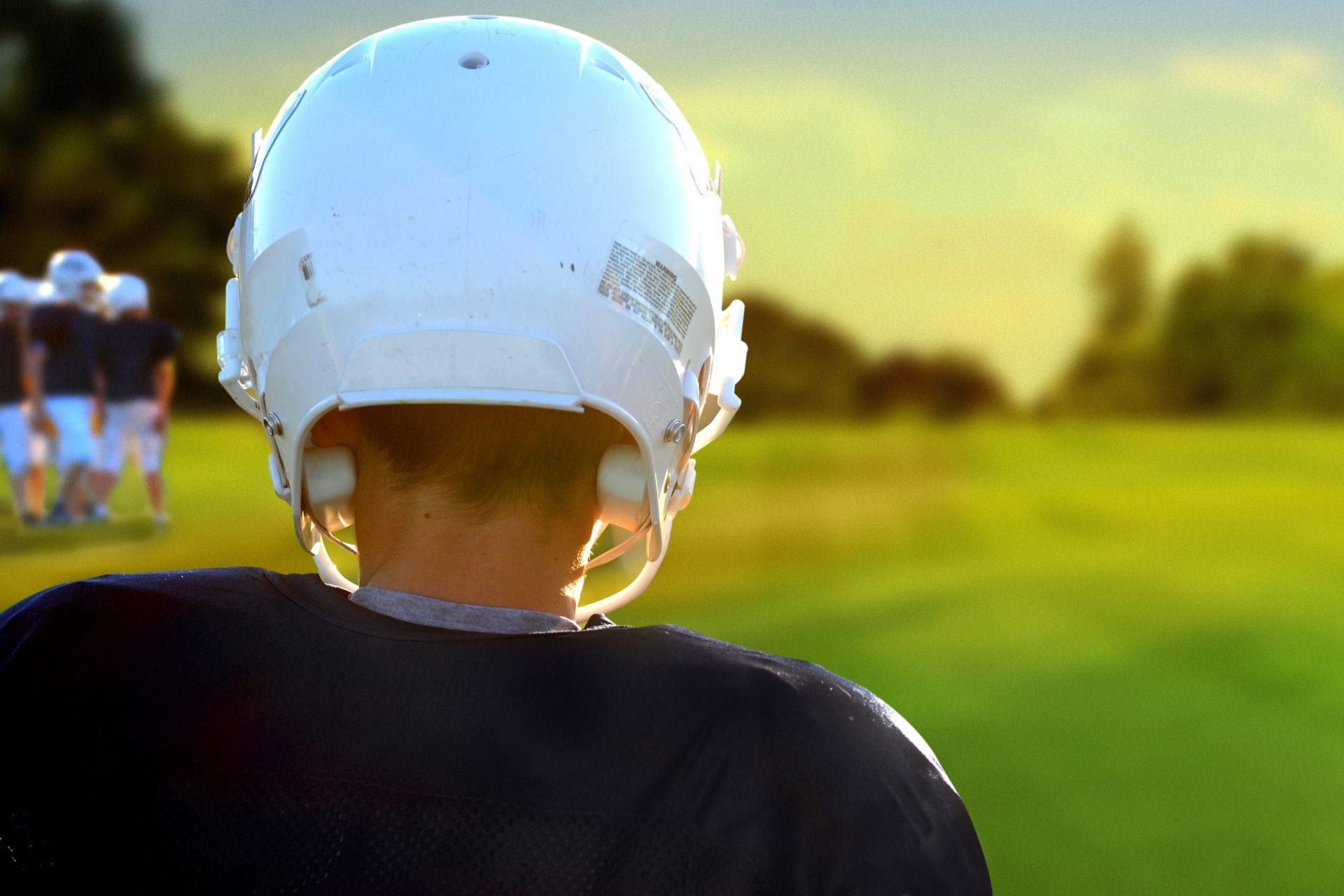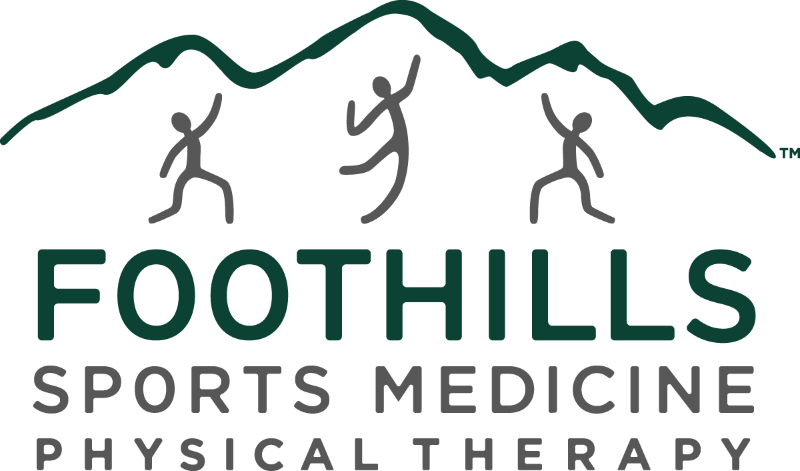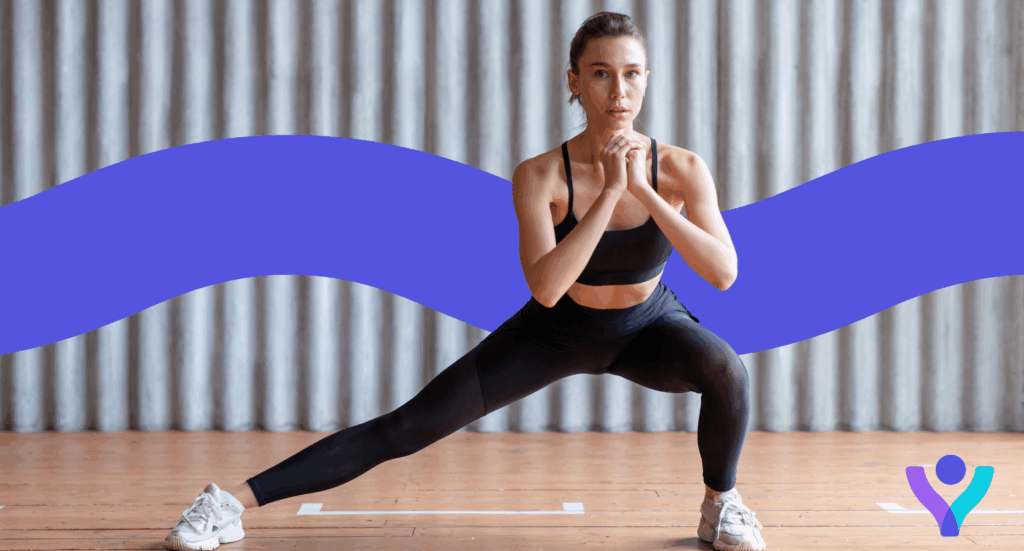Concussions in sports, particularly football and soccer, have received more attention over the last several years. Studies have reported that the prevalence of concussions each year in children is 1.1 to 1.9 million. At Foothills, our sports medicine specialists often work with young athletes that have undergone concussions. It’s extremely important to work with personnel in the medical field post-concussion to make sure the condition doesn’t get worse.
More studies are showing that undetected or untreated concussions can lead to long-term neurological and detrimental effects, such as memory loss, Dementia, and Alzheimer’s; therefore, there is growing concern to protect and keep our athletes safe. Coaches, parents, and athletes need to be informed and know how to recognize a concussion and its symptoms as well as understand the proper course of assessment, treatment, and return to sport.
Here are some important facts you should know about concussions.
1) To sustain a concussion, one does not have to actually hit their head. Instead, their body can make contact with the ground or another player and the head/neck can quickly move forward and back, known as a whiplash injury.
2) Often times, an athlete will not have symptoms for 48 to 72 hours afterward.
3) Symptoms can be physical, cognitive, emotional, and behavioral.
4) Common signs and symptoms include dizziness, blurred vision, easily irritable, feeling nervous, forgetfulness/memory loss, headaches, difficulty concentrating, easily confused, fatigue, and nausea.
5) MRI/CT Scans will not diagnose a concussion because the changes occur at the cellular level.
6) Sports that require helmets do not prevent concussions but they can protect the head and hopefully reduce the risk of concussion. However, helmets need to be fitted appropriately to be most effective.
What should you do if you think you or your child/athlete has suffered a concussion?
The first step is to seek medical attention. A healthcare professional experienced in concussion management will be able to determine the severity of the concussion, if additional medical attention is needed, and when your child can return to school and sport-related activities. A school athletic trainer or medical physician would be the first choices to evaluate your young athlete.
Be alert for worsening symptoms in the first 1-2 days post-concussion and seek immediate medical attention if the following symptoms are present: loss of consciousness, repeated vomiting, severe headache that intensifies and lasts for a longer duration, becoming very confused, slurred speech, seizure, difficulty waking up, or any sudden or unusual change in behavior or cognitive function.
To help your child following a concussion, it will be important to make sure your child knows what to expect. They will recover but it is going to be a slow, gradual progression that can take 2-3 weeks or longer. When children understand what to expect and are educated on the recovery, they will improve more quickly.
Also, let siblings, coaches, and teachers know that your child has had a concussion so they can aid in the recovery. Your child may not be able to return to school immediately, their schoolwork can take them longer than usual, and they may require more frequent rest breaks. It is important to take it slow with physical and school activities because the brain needs time to heal. If your child returns to school too quickly, it may exacerbate their symptoms or cause new symptoms.
Following a concussion, most studies show that an athlete should stay out of practice and exercise for at least one week to allow the brain to rest and heal and this timeline can be longer if symptoms persist. Once symptoms subside after at least one week off, then the athlete can gradually re-introduce non-contact exercise as long as symptoms do not re-occur. Athletes that have sustained a previous concussion may take longer for symptoms to resolve and therefore, will be out of play for a longer period of time.
A comprehensive treatment approach, involving physicians, parents, coaches, athletic trainers, and physical therapists, is essential to get the athlete back safely to playing sports again. In Arizona, it is now required that a youth athlete has written clearance to return to play by a healthcare provider if the group or private organization uses a school athletic facility.
Concussion diagnosis and treatment has received growing attention over the years due to the potential long-term neurological effects. Since symptoms of a concussion can be physical, emotional, cognitive, or behavioral, it is important to recognize the signs and seek medical attention immediately.
If you or your child athlete think he or she has sustained a concussion, it is best to seek medical attention. The brain needs time to recover, so make sure you gradually return your athlete to school, work, and sport-related activities. When it’s safe to return to conditioning, one of our sports medicine specialists can help your athlete return to their sport, safely. Contact us to schedule an appointment.
Concussions and Kids: What You Need to Know




